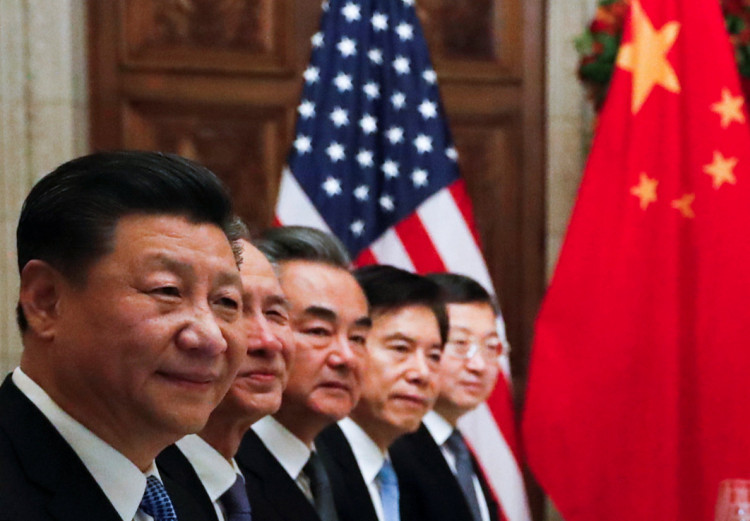China's President Xi Jinping will attend the G20 conference in Bali next week along with other world leaders like U.S. President Joe Biden, top EU official Ursula von der Leyen, and the prime ministers of Australia, India, Japan, and Britain.
China now seeks to strengthen its international alliances, particularly with developing countries, in light of increased competition with the U.S. and a world environment destabilized by the Ukraine war, after almost three years of self-imposed pandemic isolation during which international diplomacy was largely conducted via video link.
Following his historic election to a third term as China's president, Xi is set to triumphantly return to the world stage at the crucial G20 conference the following week. A rush of official visits to China over the past week has brought to light the need of preserving diplomatic and trade connections, even as China takes more muscular action to protect its interests.
Olaf Scholz, the chancellor of Germany, braved intense home opposition by traveling to Beijing on Friday with a business group. He promised to expand trade relations with China and to bring up controversial matters like the conflict in Ukraine.
The most frequent face-to-face conversations Xi has held since entertaining more than a dozen international leaders at the Beijing Olympics in February are concluded by the visit of the chairman of Vietnam's Communist Party, who joins a string of tours by the leaders of Pakistan, Tanzania, and Vietnam. President Emmanuel Macron is likely to visit China in the future months, according to last week's statement from France's foreign minister.
Vladimir Putin, the president of Russia, will not be present at the conference, where one of the primary topics of discussion will be the invasion of Ukraine by his nation in February. On Thursday, November 10, at a routine press conference in the Chinese capital, Foreign Ministry spokesperson Zhao Lijian stated that China "attaches importance to the US proposal to hold a meeting between the two heads of state in Bali".
The two parties are still in communication over this, according to Zhao. Taiwan continues to be the "core of China's core interests" he continued. "We are willing to work with the US side to realize mutual respect, peaceful co-existence, win-win cooperation, while at the same time resolutely defending our own sovereignty, security, and development interests," he said.
By stating that he would assess Xi's "red lines" to lessen the likelihood of violence in the wake of escalating tensions in Taiwan, Biden appeared to confirm a meeting with Xi on the margins of the G20 on Wednesday. However, experts do not anticipate any innovations in settling persistent disputes.





